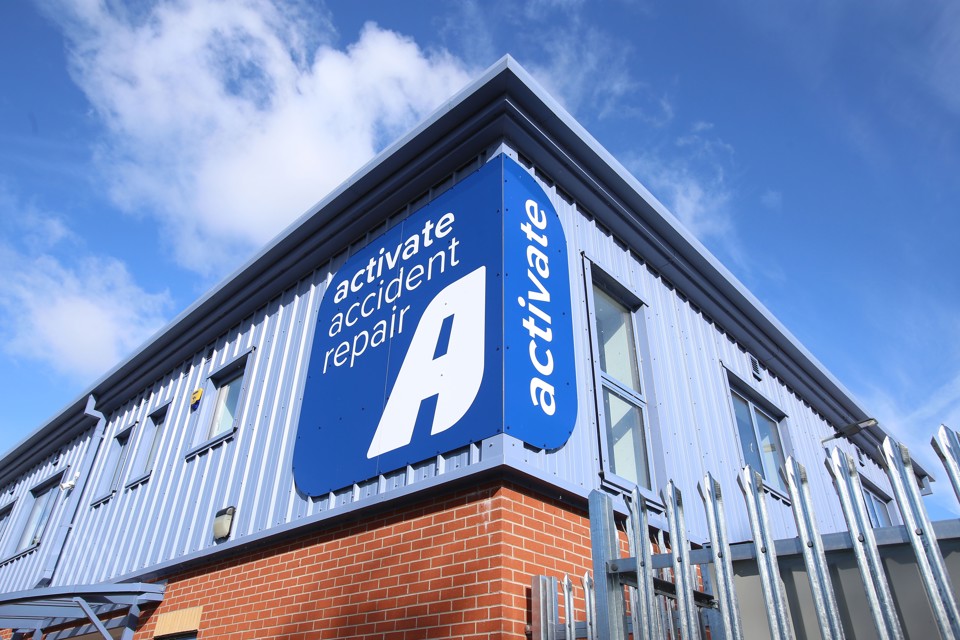Electric and hybrid vehicles are taking longer to repair in bodyshops that petrol and diesel equivalents, due to more "complex" procedures, according to Activate Group.
Date from the claims management firm shows that electric vehicles (EVs) and hybrids took 1.5 days longer, on average, to repair.
The cost of fixing an alternative fuel vehicles (AFV) was also found to be higher, with EVs 29% higher and hybrids 66% higher than ICE vehicles.
There are key factors driving this trend: Parts for new models are often expensive and green, or after-market alternatives are not available; many EV models are high-end vehicles where parts are more costly; AFV body work is often made of light plastics which are not as widely repaired as metal panels.
Jo Seys, head of engineering at Activate Group, said: “For most repairs, the battery must be powered down before work can begin and powered up at completion. This can take up to an hour in total. In some cases, the battery must be removed, and reinstalled at the end of the job. Times vary, but this process can add up to four hours of labour time.
“To work safely with high-voltage battery, recovery agents and repairers must have the correct training and equipment. The risks involved in working with electricity means AFVs can’t simply be treated in the same way as an ICE vehicle.
“The high voltage batteries cannot come into close contact with heat. This means they often need longer in the paint oven on lower temperatures and fast curing methods, such as infra-red are not suitable from some AFV repairs. The batteries also present a significant health and safety risk and there are additional requirements within the repair process. Trained technicians refer to manufacturer, or Thatcham guidelines, each time they complete an AFV repair.”
The situation becomes significantly more complex and dangerous following a serious collision where the high voltage battery has been damaged. In this case, there is a strong risk of fire, and specialist training and equipment are needed to safely handle the situation.
Seys added: “In recent months, the industry has faced lengthy delays on EV and hybrid parts, particularly for Teslas, increasing the key-to-key times. Delivery times of new AFV vehicles have also been impacted by Covid-19, affecting global supply and a shortage of semi-conductors, a vital component of modern vehicles. In Spring 2022, Tesla had to close its Shanghai factory for three weeks due to the lockdowns in China, losing the production of around 42,000 vehicles.”
Fears are mounting over a projected shortage of EV qualified technicians as the number of electrified vehicles on UK roads grows. The IMI said that of a total workforce of 238,000 motor technicians in the UK, only 15,500 are IMI Techsafe registered and qualified to work on EVs – that’s just 6.5% of the UK’s total motor technician workforce.
Activate Group is investing £15 million to expand its Activate Accident Repair body shop division with a further 15 technology-led sites - creating over 750 jobs.















Login to comment
Comments
No comments have been made yet.